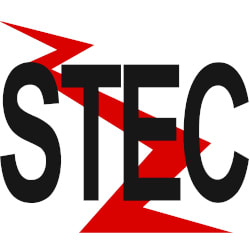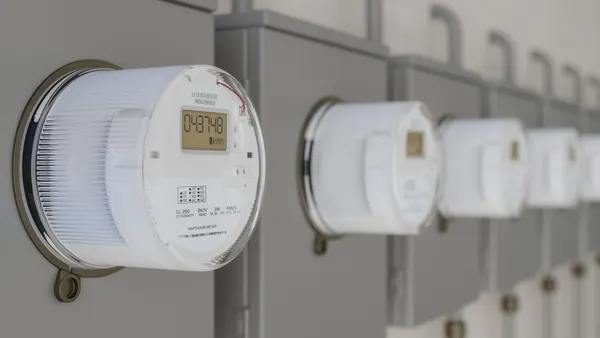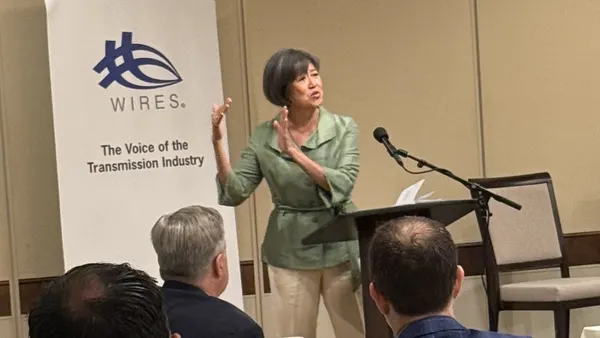Dive Brief:
- The Pennsylvania Public Utility Commission wants more information on a billing practice known as Supplier Consolidated Billing, under which customers receive a single consolidated bill from their chosen electric generation suppliers.
- Currently, the distribution utility sends a joint bill that includes any generation and transmission charges for customers who have chosen a competitive supplier. The hope is that SCB would allow for better supplier branding and would facilitate new and innovative energy products brought into the market.
- The PUC launched its investigation immediately after voting 5-0 to deny a petition filed by NRG Energy Inc., requesting approval of consolidated billing.
Dive Insight:
Pennsylvania's possible billing changes are a result of the commission's inquiry into retail electricity markets, and the idea of supplier consolidated billing is not new. A joint motion by Chairman Gladys Brown and Commissioner Norman Kennard launches the investigation while noting, "the commission has a long history of deliberating SCB, the question of its legality ... has never been addressed."
The PUC's Office of Competitive Market Oversight will hold a hearing on or before June 14 to hear "possible alternatives to the competitive market that would promote shopping." Additional details on the hearing will be released later.
In the joint motion, the commission said it continues to believe "that SCB will facilitate the offering of innovative new products and services and will also help the supplier in establishing a brand identity with the customer."
Under SCB, customers would receive a single, consolidated bill from their chosen generation supplier that would include both the distribution utility's charges and their own generation and transmission charges. In addition to the legality of the practice, the PUC also wants to consider a small pilot, possibly with a single supplier.














